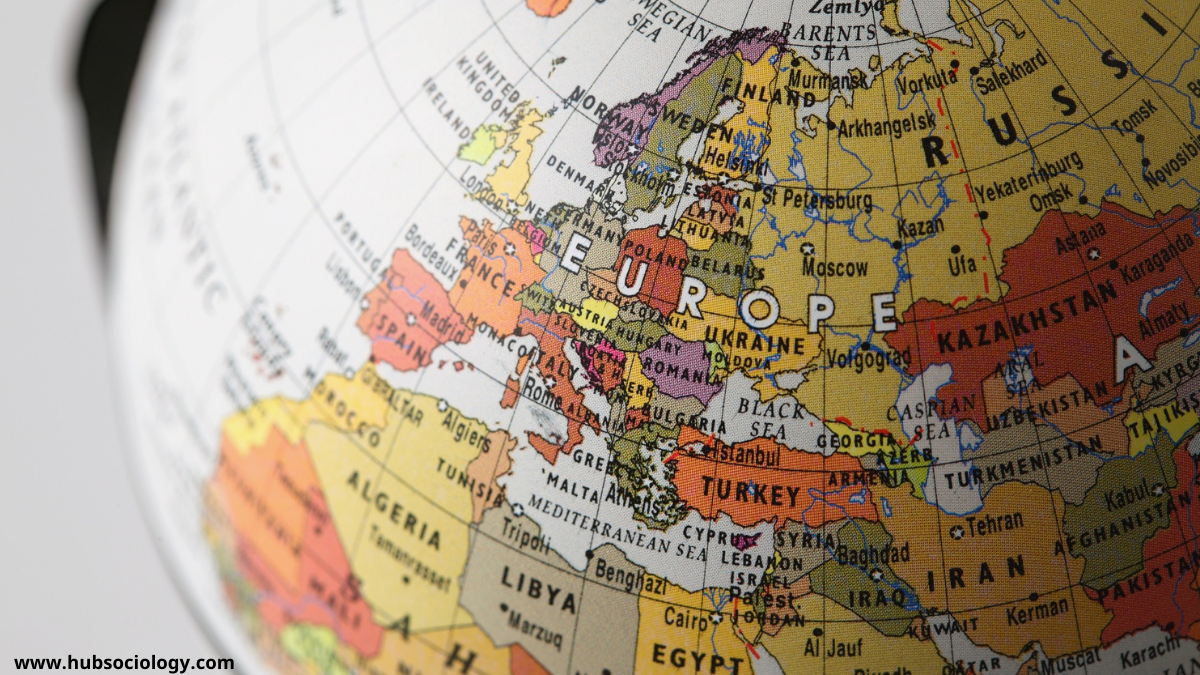Post-Soviet Transition in Central Asia: A Sociological Perspective
Introduction The collapse of the Soviet Union in 1991 was one of the most significant geopolitical and social transformations of the 20th century. Among the fifteen newly independent states that emerged from this dissolution, the five Central Asian republics—Kazakhstan, Kyrgyzstan, Uzbekistan, Turkmenistan, and Tajikistan—underwent an especially complex post-Soviet transition. Their shift from being peripheral regions … Read more





